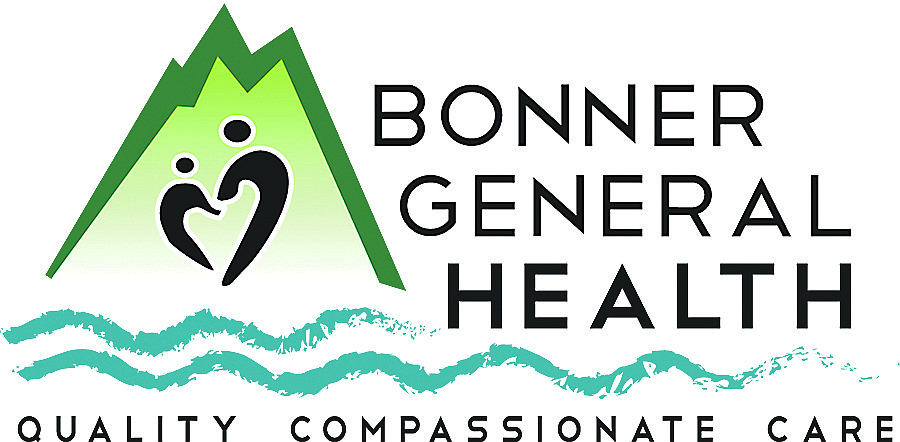Ahoy maties, it’s time to run a shot across the bow on scurvy
Aaarrgghh! Shiver me timbers; we thought scurvy walked the plank. But avast ye! This buccaneer will blow ye down with a fire in the hole. So, before you think I’ve lost my mind, next Tuesday is Talk Like a Pirate Day and I couldn’t resist getting a head start.
I don’t know about you, but I never thought much about scurvy until I read a headline on the National Institutes of Health’s website that said, "Scurvy is back." Apparently just over 7% of the U.S. population will suffer from this disease that’s caused by a significant lack of vitamin C.
Most Americans get enough vitamin C (ascorbic acid) in their diet. And that’s important because vitamin C is responsible for the development, growth, and healing of your skin, bones, and connective tissue.
"You need vitamin C for your blood vessels to function properly. Vitamin C helps maintain your teeth and gums. It helps your body absorb iron, which it needs to make red blood cells. Vitamin C also helps heal burns and other wounds, the Cleveland Clinic’s website explains.
They say that in the U.S. scurvy most often affects babies, children, and older adults. The risks include not having access to fresh fruits or vegetables, eating little due to medical treatments such as chemotherapy, or having an eating disorder like anorexia.
People with a restrictive diet or food allergies and other health conditions such as type 1 diabetes and inflammatory bowel disease can be affected. It can also occur in women who have a poor diet during pregnancy or while breastfeeding. Smoking reduces the amount of vitamin C your body absorbs from food, and excessive alcohol use can lead to a deficiency as well.
"Scurvy symptoms may start to develop after a few months of not getting enough vitamin C in your diet. The first symptoms may include general weakness, fatigue, irritability, and joint pain. If left untreated, more severe symptoms may start to develop. These include anemia; swollen, bleeding gums that may become purple and spongy; loosened teeth that may fall out, and bleeding under your skin (skin hemorrhages)," Cleveland says. "You may develop a ‘scurvy rash’ that shows up as red or blue spots on your skin."
Other symptoms include being easily bruised or having rough, scaly skin. Your legs might be swollen. Previously healed wounds may open, or new wounds won’t heal. Your hair may become dry and brittle and coil like a corkscrew.
"In babies and children, symptoms of scurvy may include irritability, pain when they move, no appetite, failure to gain weight, and anemia," Cleveland says.
A severe lack of vitamin C in your diet for at least three months can cause scurvy. Bear in mind that cooking destroys some vitamin C, so it’s important to take that into consideration, especially since the best way to get vitamin C is through food.
Certain conditions increase your body’s need for vitamin C. "You need more vitamin C and risk deficiency if you don’t get enough while experiencing the following conditions: pregnancy, breastfeeding, disorders that cause high fevers, overactive thyroid gland, chronic diarrhea, recent surgery, burns, and tobacco usage," Cleveland says.
Diagnosis is typically based on your symptoms. Your PCP will perform a physical examination and evaluate you based on certain risk factors for the condition. Blood tests or a test called a dermoscopy (putting a bit of skin or hair under a microscope) may be performed.
"Scurvy treatment is essential to avoid further complications. The condition is easily treatable by consuming more vitamin C. You should try to maintain a nutritious diet that includes one to two times your daily recommended amount of vitamin C. You can do so by adding fresh fruits and vegetables to every meal," Cleveland says.
Most people will feel better within 48 hours of increased vitamin C. Full recovery should happen within two weeks. To prevent it recurring, or ever happening to begin with, be sure to fill your diet with foods like citrus fruits, tomatoes, potatoes, broccoli, strawberries and sweet peppers. Talk to your PCP before taking a supplement.
The recommended daily requirement of vitamin C for adult males is 90 milligrams; for women, it’s 75 milligrams. Add 35 milligrams if you smoke. Don’t hang the jib, you scallywags; eat yer veggies!
Kathy Hubbard is a member of the Bonner General Health Foundation Advisory Council. She can be reached at kathyleehubbard@yahoo.com.



